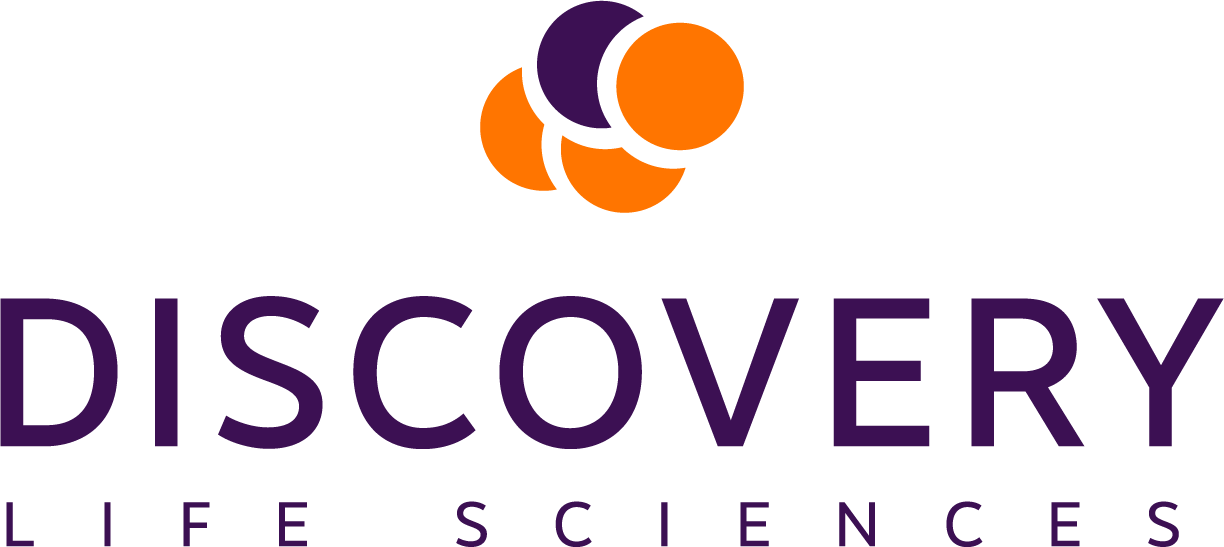Current Clinical Trial Landscape
Strategy has become more important than ever when it comes to planning and executing global clinical trials given the quickly changing, unpredictable circumstances of the last year. These clinical trials are the necessary validation pharmaceutical companies need to prove therapy efficacy, discern the best target groups, or assess any possible contraindications. Especially in the case of targeted therapy options and precision medicine, Immunohistochemistry (IHC) biomarker analysis has become a critical component for conducting global clinical trials. This is especially relevant to the quickly evolving areas of pathology, oncology, and Immuno-oncology. By determining the tissue distribution of tumor antigens, these studies can more accurately gauge an overview of the subject’s health or severity of disease and the potential effectiveness of the treatment for the clinical trial.
Planning clinical trials and enrolling suitable candidates can involve many challenges in terms of quality, cost, and scope. For every stage of your clinical trial, choosing a highly reputable laboratory with expertise in IHC biomarker assays makes all the difference when it comes to successful early clinical development and later clinical validation of scientific and medical research. Discovery’s tissue biomarker experts work closely with biopharma companies to develop robust, high-quality IHC histopathology assays. Testing invaluable clinical trial samples starts and ends with a high-quality assay that you can trust to build data sets to make the most appropriate decisions throughout the drug development process.
Get more security in the decision-making process & practical execution of testing samples in clinical trials:
Access to broad FFPE biobank of tissue sections from appropriate disease indications to identify specific patient cohorts to effectively design clinical trials
Screen patients effectively by performing these validated assays on clinical trial samples to help better stratify patient populations to increase the chance of response to therapies
Validate IHC biomarker assays using these tissues & develop proper scoring schemes to best understand the expression of specific targets within and among various disease indications
The challenge of operating clinical trials
Frank Lynch, PhD., Executive Vice President of IHC Services at Discovery Life Sciences, has more than 30 years of experience working in IHC biomarker development and application. Lynch and Steve Bernstein, PhD., joined Discovery in 2019, when their company, QualTek Molecular Laboratories, was acquired. They are helping to drive the focus at Discovery by expanding the global reach of the IHC services while complementing its biospecimens, cell, and genomic services to allow a better understanding of patient populations and their response to medicines in clinical trials.
”The challenges for most pharmaceutical companies are the tight deadlines for having reliable IHC biomarker assays ready and then properly integrating them into translational research and clinical studies. This is particularly relevant for oncology and immuno-oncology researchers working in any stage of drug and diagnostic development at biopharma and diagnostic institutions. Without proper early testing and validation, there is no way to ensure that the IHC biomarker assay is precise or reproducible and appropriate for use.”
Frank Lynch
Executive Vice President of IHC Services at Discovery Life Sciences
Trust in years of expertise in automated immunohistochemistry and its applications
Steve Bernstein, Ph.D., now Executive Vice President of IHC Services at Discovery, previously founded BioTek Solutions in 1989, which designed and built the TechMate line of instruments that automates IHC in hospital anatomic pathology labs. Lynch joined Bernstein at BioTek to design the first widely accepted automated IHC assay for Estrogen Receptors in FFPE breast cancer. BioTek Solutions later merged with Ventana Medical Systems to become Ventana-BioTek. While at BioTek and Ventana-BioTek, Bernstein and Lynch saw the need for providing expert IHC services to biotechnology and pharmaceutical companies and in 1997 cofounded QualTek Molecular Laboratories, (now Discovery).
At BioTek Solutions, we built our TechMate instruments to automate IHC assays in hospital anatomic pathology labs where these important tests were being performed manually. Automating the IHC process, which includes many different steps, not only allowed for more consistent staining but provided a platform for standardizing IHC tests across hospital laboratories all around the world.
Steve Bernstein
Executive Vice President of IHC Services at Discovery Life Sciences
Partner with an extensive biobank that delivers quality
The right scientific experts serve as important partners to enable you to make strategic decisions with confidence during every stage of the clinical trial. Accurate data analysis comes from a better quality of samples; that means it’s essential to have access to a biobank of tumor specimens for clinical trials using both single, and in some cases, multiplex assays (important in immuno-oncology). Ahead of any clinical study, companies need access to tissues to apply their assays to better evaluate target expression and identify specific patient cohorts within and among the disease indications. Discovery Life Science has one of the largest FFPE biobanks appropriately sourced from commercial and global clinical site networks.
In addition, as the partnering laboratory, Discovery is CLIA certified, CAP-accredited, GLP- compliant, employs board-certified pathologists and skilled technical experts, and is able to fulfill tight turnaround deadlines for retrospective or prospective studies.
Discovery’s Histopathology Laboratories Driven by Science, Grounded in Quality
- CLIA certified, CAP accredited laboratories
- GCLP compliant
- American Society of Clinical Pathologist (ASCP) Certified
- Board Certified Pathologists
- Medical Directors

Be confident in your patient screening for clinical trial enrollment
Pre-screening eligibility is an important step in effectively managing the performance of clinical trials and can be greatly affected by recruitment difficulties. In the case of oncology clinical trials, giving cancer patients effective treatment options ups the chances of improving not only their survival but enriches documented scientific and medical research for future studies. Discovery (legacy QualTek) quickly validated PD-L1 IHC assays with the 22C3 antibody in order to screen patients for enrollment in clinical trials in specific tumor indications.
This personalized-medicine approach using IHC to determine PD-L1 expression was used as part of the enrollment criteria to help select patients that may be better suited for oncology clinical trials with the renowned drug pembrolizumab, used in novel immunotherapy trials and combination therapies. With pembrolizumab and other PD-1 and PD-L1 therapies, cancer patients now have many more potentially life-saving options. I see this as only the beginning as our work continues in the development of numerous other prototype companion diagnostic (CDx) IHC assays for promising new cancer therapeutics at various biopharma companies”.
Frank Lynch
Executive Vice President of IHC Services at Discovery Life Sciences
Correctly identify, develop and properly validate biomarker assays
In clinical trials, one challenge many pharma companies have is they’re unsure which biomarker to use when evaluating patient samples. However, based on the expression data, companies can design their own clinical studies with Discovery to get a better understanding of biomarker expression, especially in the cases of annotated samples and mutation status, etc. It’s important to have a variety of technologies and capabilities that can be applied, such as IHC, digital pathology, NGS, molecular and flow cytometry capabilities.
As a one-stop-shop, Discovery Life Sciences offers global IHC and pathology services with predictive tissue biomarkers in pathology.
We are committed to helping our clients advance new targeted therapies by developing and validating novel IHC biomarkers with proper scoring schemes that effectively stratify patients. These tests may eventually be run in hospitals and reference labs, as demonstrated by our work developing and validating the prototype CDx IHC PD-L1 Assay, one of the most successful companion diagnostics on the market. Our clients trust our CAP-accredited histopathology service laboratories to provide reliable data that allow them to conduct global clinical trials with confidence,” assert Lynch and Berstein.


